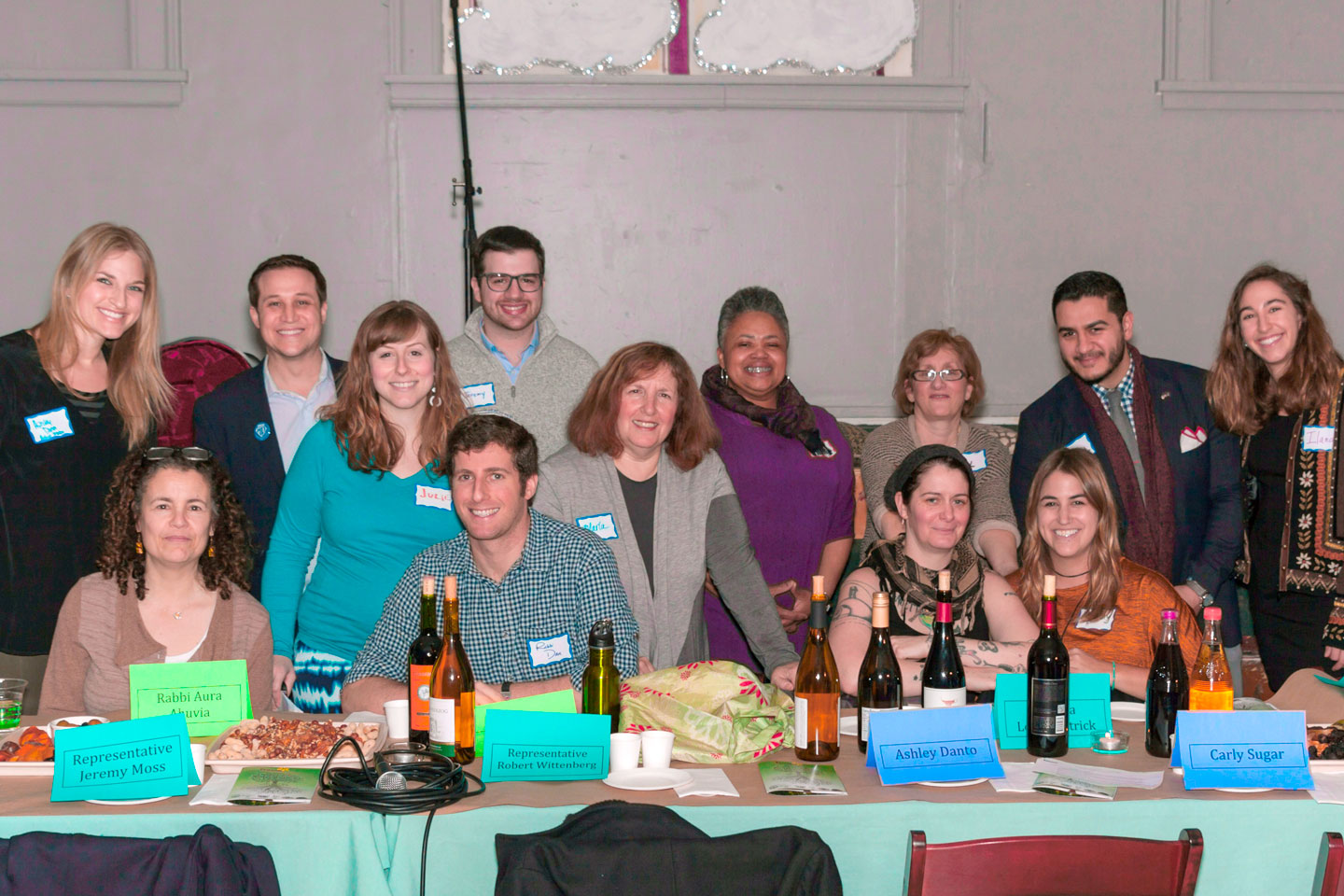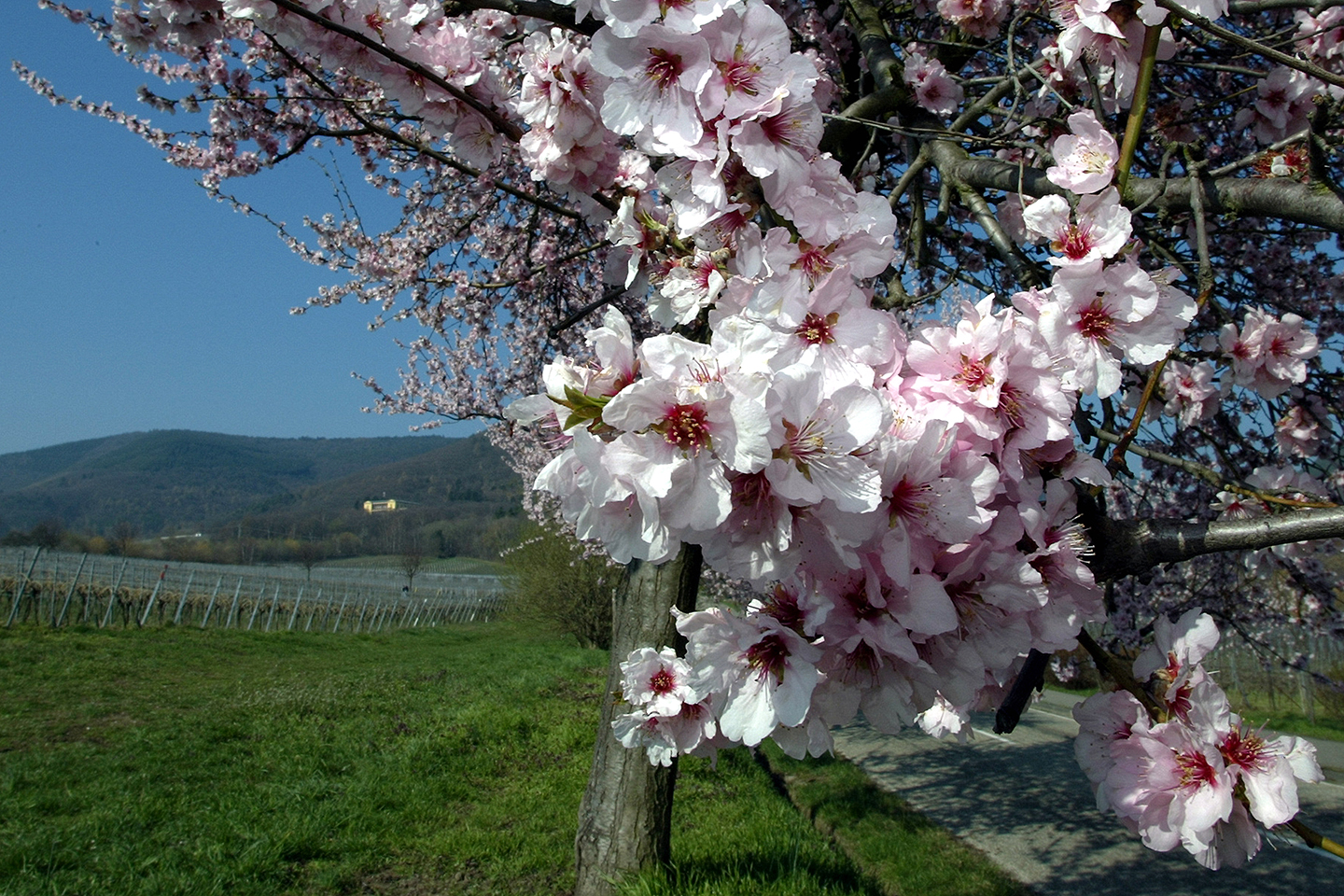The Jewish tradition imagines a Tree of Life — a reality map — that is rooted in our consciousness as Torah, with fruit guaranteeing eternal life for whoever can get back to the Garden of Eden to eat it, that is implicit in our exile from the Garden, that represents life as it exists across the Kabbalistic planes of the material, the emotional, the intellectual and the spiritual (the transcendent) — or earth, water, air and fire. The Kabbalists assert each of us recreates the tree each year, guaranteeing the life of the coming season, by celebrating Tu B’Shvat (the New Year of the Trees) with a Seder that honors and takes us through each of those four worlds: Earth, Water, Air and Fire. In contemporary times, Tu B’Shvat Seders have become the important moment in our annual holiday cycle to care and tend for the earth. It is one of the more overtly environmental celebrations we have.
This year, with the environment under greater threat from both human consumption and human politics than ever before, Hazon Detroit brought together eight Jewish organizations and five environmentalists as partners in shaping, cultivating and healing our world.
In partnership and in fellowship
Friends from Yad Ezra, The Well, NEXTGen Detroit, Adat Shalom’s Young Adult Group, Shir Tikvah, Jewish Ferndale, Detroit City Moishe House and Repair the World created and co-led the Seder, which was held at the Light Box, an arts and performance space in Detroit. For the material world – the world in which we eat fruits with hard shells or peels to remind us that in our lives we need to work for, and to uncover, the ‘good stuff’ that is often hidden from view – Michigan State Representatives Jeremy Moss and Robert Wittenberg joined us with an update on legislation and issues that face the inner ring suburbs.
Symbolizing our second world, water, we eat fruits with thin skins that contain an indigestible pit that reminds us not to consume everything that seems good on the surface – that under the surface there are also obstacles must overcome. We were joined by Monica Lewis-Patrick, co-founder of We the People of Detroit and a dedicated activist helping low-income families and the elderly from Detroit to Flint gain access to clean water. She reminded us that 20% of the world’s fresh water is right here, yet our neighbors go without, and she called for recommitment to equitable distribution of fresh, clean water.
Detroit has some of the highest levels of asthma in the country, and Dr. Abdul El-Sayed, Detroit’s Executive Director of the Health Department (who just announced his candidacy for Governor), shared that for Muslims, as for Jews, the word “to breathe” means spirit or soul, and he spoke movingly about the necessity to work together to make sure that people separated by only 30 minutes by car should all be able to breathe in without becoming ill. This is the third world, where all can be good, and we eat fruits whole. . . such as berries.
Finding common ground in spirit, song, prayer and action
In the fourth world, the world of spirit or fire, we are transported beyond the material world, and we sip maple syrup or whisky (thanks Detroit City Distillery). An energetic discussion followed with Jackson Koeppel, Executive Director of Soulardarity, a community organization that creates street lights for communities like Highland Park powered by the sun. Koeppel reminded us that power can indeed be in our own hands.
Throughout the evening, Rabbi Aura Ahuvia and Rabbi Dan Horwitz sang niggunim, traditional Jewish wordless melodies, to lead the nearly 80 attendees through the Seder. Partnering organizations read poetry and led us in the blessings.
This evening of prayer, song, poetry, art and activism brought people together across differences of denomination and age, race and class, suburb and city as a community. As Rabbi Zalman Schachter-Shalomi z”l used to say, “The only way we’re going to get it together, is together.”


